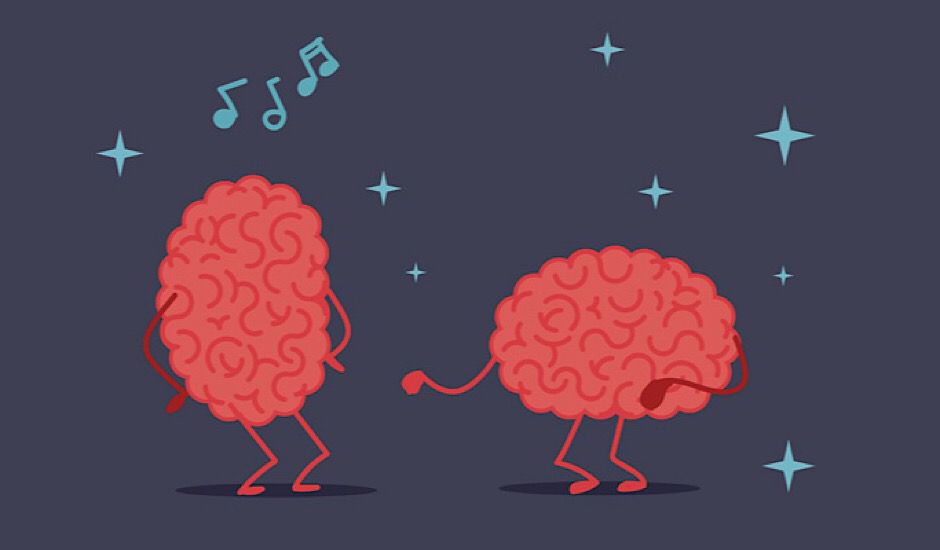Music for your Mental Health
By Achala BandaraMusic has great power. In addition to being entertaining, listening to music is recognized to offer amazing benefits for our brains. Specifically, music has the power to alter our behavior, emotions, and thoughts. Then, how does this affect our mental health?

Music has the power to make us sing till our throats hurt, dance around the room like nobody’s watching, and tap our feet involuntarily. There is such a wide variety of music that each person is affected differently by it. Finding the songs that speak to you is crucial because there is an endless variety of music to listen to, from rock and folk to electronic and pop and everything in between.
According to researchers from the MARCS Institute for Brain, Behavior, and Development, music improves memory and retention while maximizing learning potential. Certain emotions, memories, and thoughts are triggered by our brains, which frequently has a more favorable impact on mental health.
Boost Energy and Outlook
Positive and upbeat emotions are intimately related to a healthy mental wellbeing. Therefore, nothing is better than turning up a happy song as loud as you can when you’re having a bad day. The upbeat musical beats and lyrics will uplift or change your mood and give you confidence for the rest of the day.
Slow start to the morning? You’ve got a hard day or week ahead? Lacking the desire to run? Fast-paced, upbeat music keeps your body and mind moving, energizing you and motivating you to take pleasure in what is ahead. According to studies, the best music for elevating mood is classical and ambient music, while hard electronic music and metal were thought to have the opposite impact.
Reduce Stress
It’s important to acknowledge music’s capacity to reduce stress. Certain musical genres have the intrinsic capacity to lower tension, whether they are playing in the background, or you are giving them your entire attention. The mind is calmly stimulated by soft, ambient music. To reduce your stress in this situation, stay away from loud rock and metal. Look for playlists that feature a lot of ambient and relaxing music if you want to relieve some stress.
Improve Focus
The ability to listen to music while carrying out daily tasks is just one of the many wonderful advantages of music. It might be challenging for some people to maintain attention and concentration while working, learning, or cleaning. Knowing which music is appropriate for enhancing focus is crucial because several genres of music have been shown to increase focus. We suggest listening to ambient, classical, or instrumental music.
Help Relaxation
After a long day, everyone appreciates unwinding and turning off their mind. By releasing the tension in your muscles and removing any stress or worry, playing music is an easy technique to encourage relaxation. Your mind is relaxed when your muscles are relaxed. A great method to unwind and relieve stress is to listen to music as you go to sleep because it can help you slow down breathing and clear your mind.
Reduce Anxiety and Depression
Anxiety and sadness are now frequently treated with music therapy. It’s a listening and composition activity that aims to support both physical and mental healing. In fact, instrumental, classical, or ambient music has been shown to reduce anxiety by up to 65%, according to a recent study by Dr. David Lewis-Hodgson of Mindlab International.


